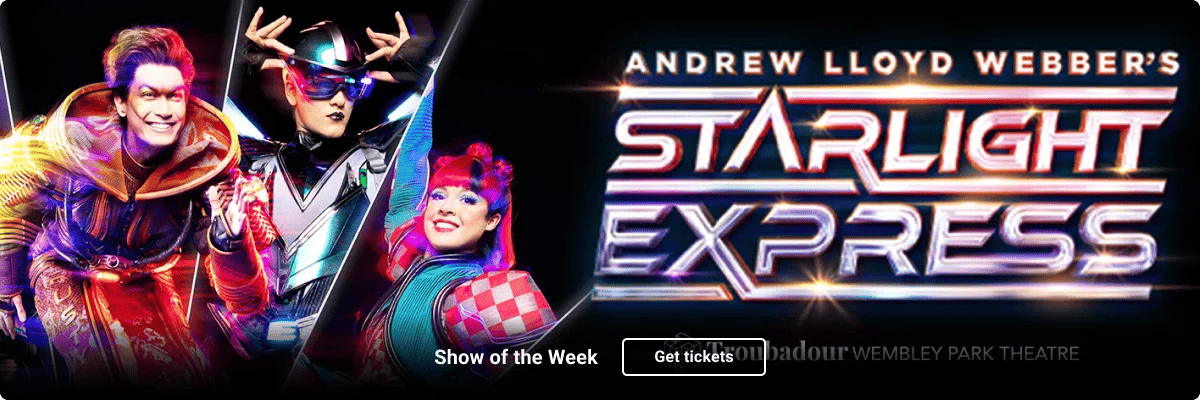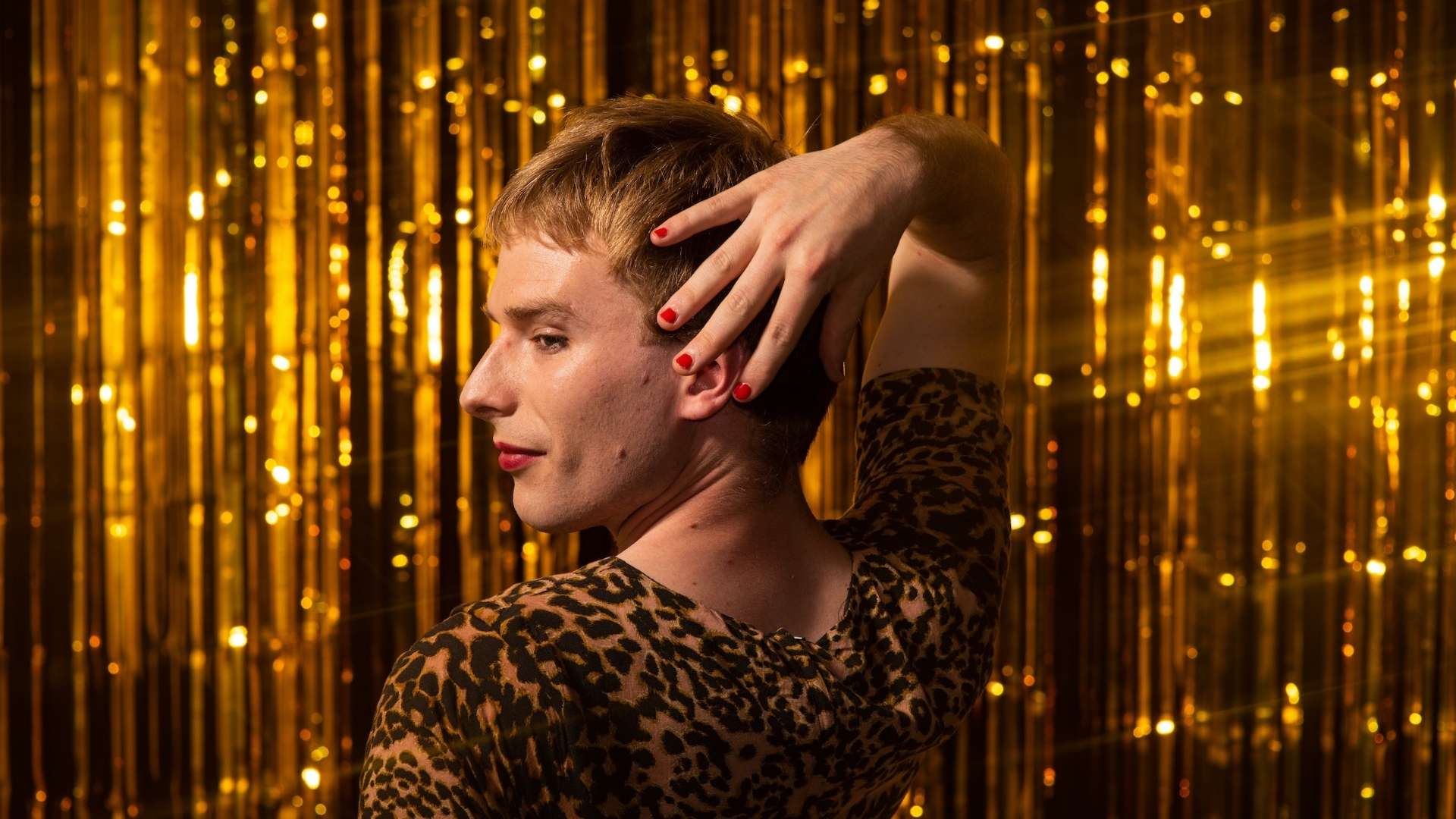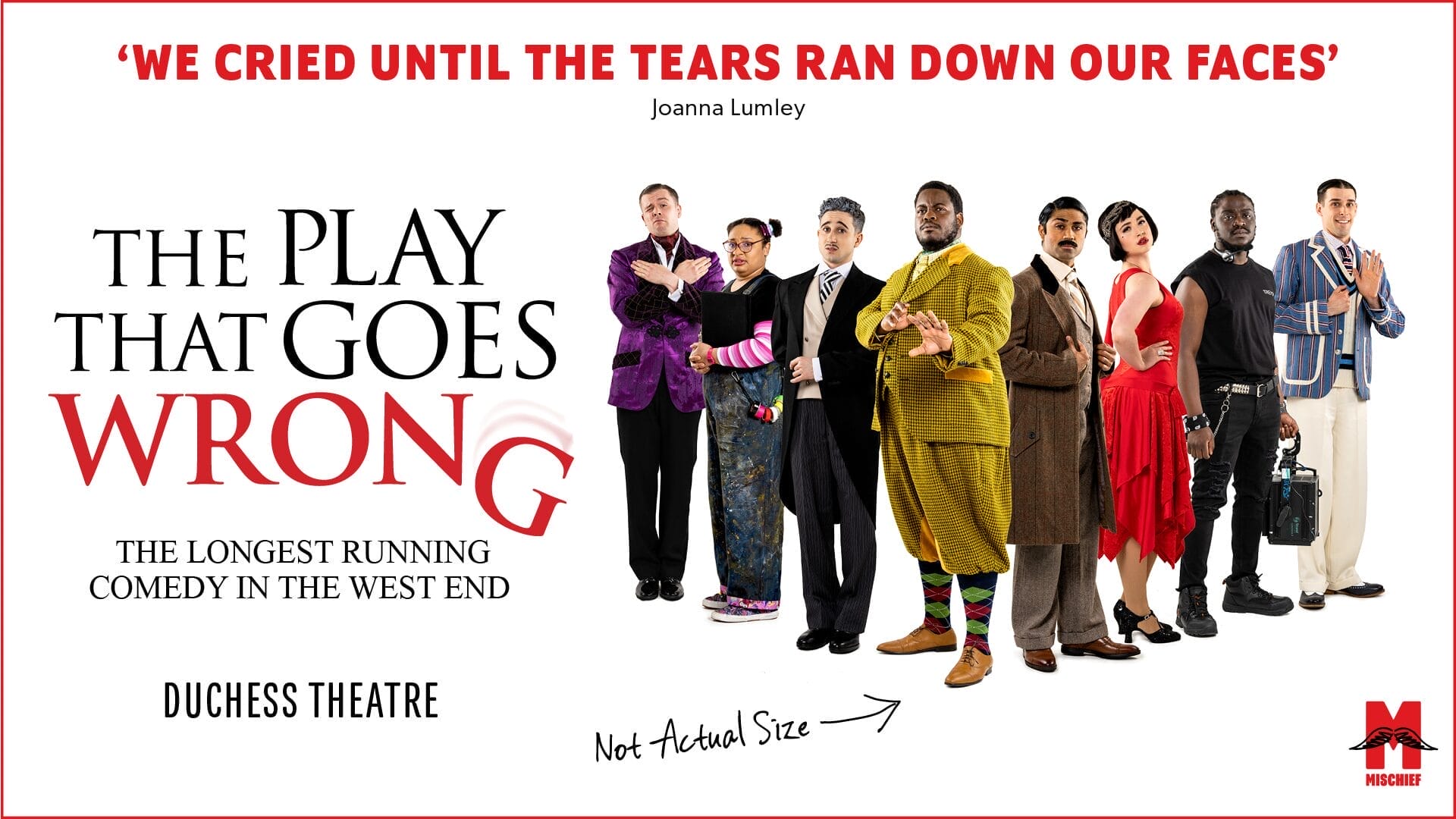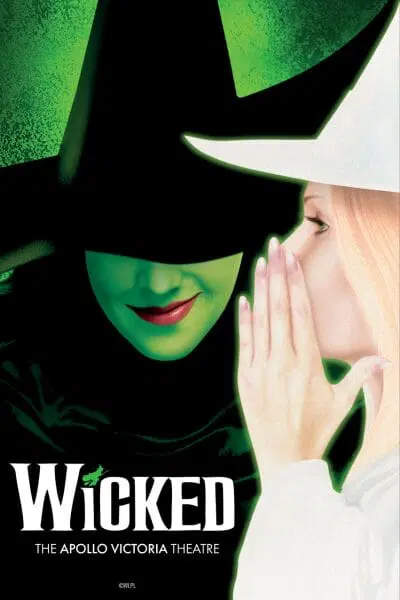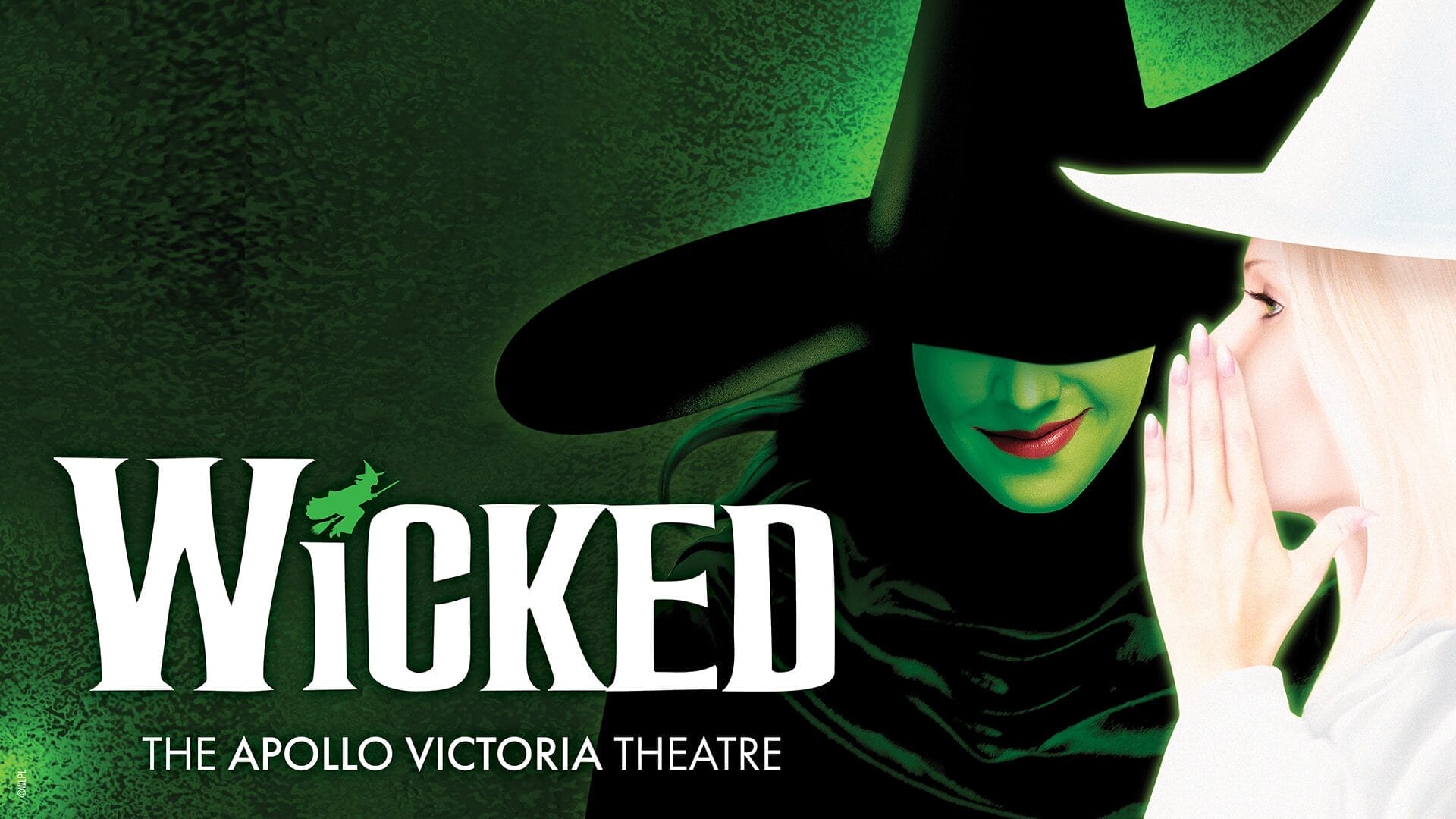Matt Miller is a poet and theatre maker who writes about place, identity and ways of belonging. They learned their craft with Nottingham based poetry collective The Mouthy Poets.
Now Matt Miller and Peader Kirk have come together to co-create a solo theatre performance, FITTING, drawing on spoken-word storytelling, autobiographical accounts and physical theatre to explore themes of identity and belonging.
Following on from a successful autumn tour, FITTING has commenced a Spring tour which will play Harrogate Theatre (20 February), Alphabetti Theatre, Newcastle (25 February – 7 March excluding 1 and 2 March), Lawrence Batley Theatre, Huddersfield (13 March), Queen’s Hall, Hexham (25 and 26 March), Hat Factory Arts Centre, Luton (30 April) and The Old Joint Stock, Birmingham (21 – 23 May).
You’re currently touring Fitting, what can you tell us about it?
Fitting is a solo theatre show. It’s also, in part a magic show. It’s just me on stage, telling stories, but there are also some recorded voices, some physical theatre, and quite a few magic tricks! It’s a show which aims to be playfully provocative but gentle at the same time, opening a space for voices and conversations between social binaries.
As with a lot of my theatre work, Fitting starts from autobiographical material and then widens out to speak about universal shared experiences. So, in this case, Socially, personally, in society and day to day. When do we feel visible? When do we feel invisible?
We want to open a window for people to reflect on their own feelings around appearance, social performance and to think about ways in which things that can at first seem solid and set, such as gender, can begin to blur and meld and shift.
Me and my co-creator Peader have been working on the show for a couple of years now, so it feels great to be settling into the final version of the show through this tour. We’ve had really lovely reactions to it so far – it feels like it has been genuinely helpful to a few people in gently opening avenues to new ways of being.
What inspired you to create this show?
Peader and I had finished our first show together Sticking (spot the theme!) which focused on my experiences of bisexuality, and were thinking about what the next show might be.
I had been experimenting with gender for some time and moving towards a non-binary position via cross dressing and having fun (mostly) with clothes and appearances. So, that felt like an area to explore.
Initially we had this plan to compare experiences of cross dressing with experiences of nudism! We pitched a show which would have involved going to some nudist camps and chatting to people about their feelings around some of the same questions we’re still exploring . . . but that didn’t really take off and we decided to simplify and focus in on cross-dressing as an initial point to branch off from.
The show is similar to our previous one in that it explores an identity position that is perhaps sometimes less visible and more overlooked, and that sits between social binaries. That’s not to equate gender with sexuality – it just happens that I’m sitting in a space that doesn’t conform to binaries in both of those areas, so the continuation of that theme felt fruitful.
This show expands out from that too though – Sticking was set to quite a strict narrative structure, essentially creating a coming of age movie on stage. Fitting fritzes with that structure a bit more though, and questions the idea of performance itself. There are repeated refrains where I essentially dictate what would be stage directions in the third person, so there’s a deliberate lifting of the curtain on the structures and forms we’re using and breaking in that sense.
And then of course, the magic tricks add a whole new texture too!
Tell us about your collaboration with Peader Kirk?
So, I’ve come to devised theatre from a roundabout route I suppose. When I was young, I thought I’d be an actor. Or a writer. I wasn’t sure which. Then around 2011 I discovered performance poetry and realised that I could do both – I could write and perform.
In 2014, I was accepted onto a development scheme run by BBC Radio Three called Verb New Voices (http://newwritingnorth.com/projects/verb-new-voices/) and commissioned to write a poem for radio broadcast about growing up in the North East.
Then they introduced a chance to explore writing for stage as a solo writer/performer, and that’s where I met Peader . . . he was brought on board as a director and mentor. We hit it off and started working together to make devised theatre and have kept doing so since.
Our work has always seemed to explore themes of social belonging and melding personal and global experiences.
Our working method has grown over the last five years and become pretty much entirely collaborative. In the early days there was more of a definition of roles in that I would write material, Peader would structure it, I’d perform, Peader would direct the performance. But with Fitting it’s been less rigid. We’ve both been bringing writing and structures into the room, and have found the show together, which feels really exciting.
As someone who enjoys sitting between binaries and set positions, the world of devised theatre is a real chocolate box – I get to do a bit of everything. There’s a nice overlapping of roles.
What’s the biggest challenge for you in performing this show?
I guess I’d say the magic. It’s not something I’d done before!
One of the first bits of text I brought into the room was a short reflection on feeling visible when cross dressing versus feeling invisible when not, and points at which those experiences could be both positive and difficult.
Peader had been working on another project with a magician, and had gained some knowledge in that area and had it on his mind I suppose, and suggested we try putting the text over a cups and balls trick as a visual metaphor for those experiences.
We basically spent most of the rest of that week playing with learning magic tricks, and that side of the show grew from there. It was a pretty inspired idea. It feels OK to say that, because it was Peader’s idea, not mine! It’s really lifted the show into something beyond itself.
Then, when we were putting the show together, we worked with magic consultant Tom Cassani – who is excellent – (http://www.metalculture.com/artists-area/tom-cassani/) to further integrate magic into the show
Crucially, I’m not really a magician. I think it takes a special kind of dedication bordering on obsession which I don’t have. So, it was difficult at first. But I’ve practiced a lot and have reached a point where I can enjoy magic as a new kind of performance, and a new texture in the show.
Tell us about the wrap around participation activities that have been developed?
So, we have two participation activities – Conversation Cafe and Versions of You
Conversation Cafe is essentially a structured conversation event at which I offer prompts from which participants share anecdotes with the group. This can also be expanded to become a creative writing workshop, though often works really well without that element too. It’s usually about two hours, there’s tea and coffee and it’s a chance for people to chat about topics they may not have talked about before, with people they may not have met before, in a safe and light-hearted environment.
Versions of You is a pop-up event during which passersby are invited to think about the versions of themselves that people don’t always see. We have a chat with them and come up with a playful 3 or 4 word self-definition. We then photograph participants holding this self-definition on a card in front of a gold curtain, using a polaroid camera so that they can either take the photo with them or leave it with us to display.
We’ve had some really interesting discussions from both and they feel like a great way to widen the conversation we’re trying to start with the show in a fun and interactive way
What would you say to anyone thinking of coming to see Fitting?
There really is something for everyone. Whether it be the stories, the visuals, the subject matter or the magic tricks it’s a show that’s fun and warm and aiming to make big topics something that can be accessible and conversational.
If you’ve had times where you felt you didn’t fit in, or times when you felt that you did, there’ll be something for you.

